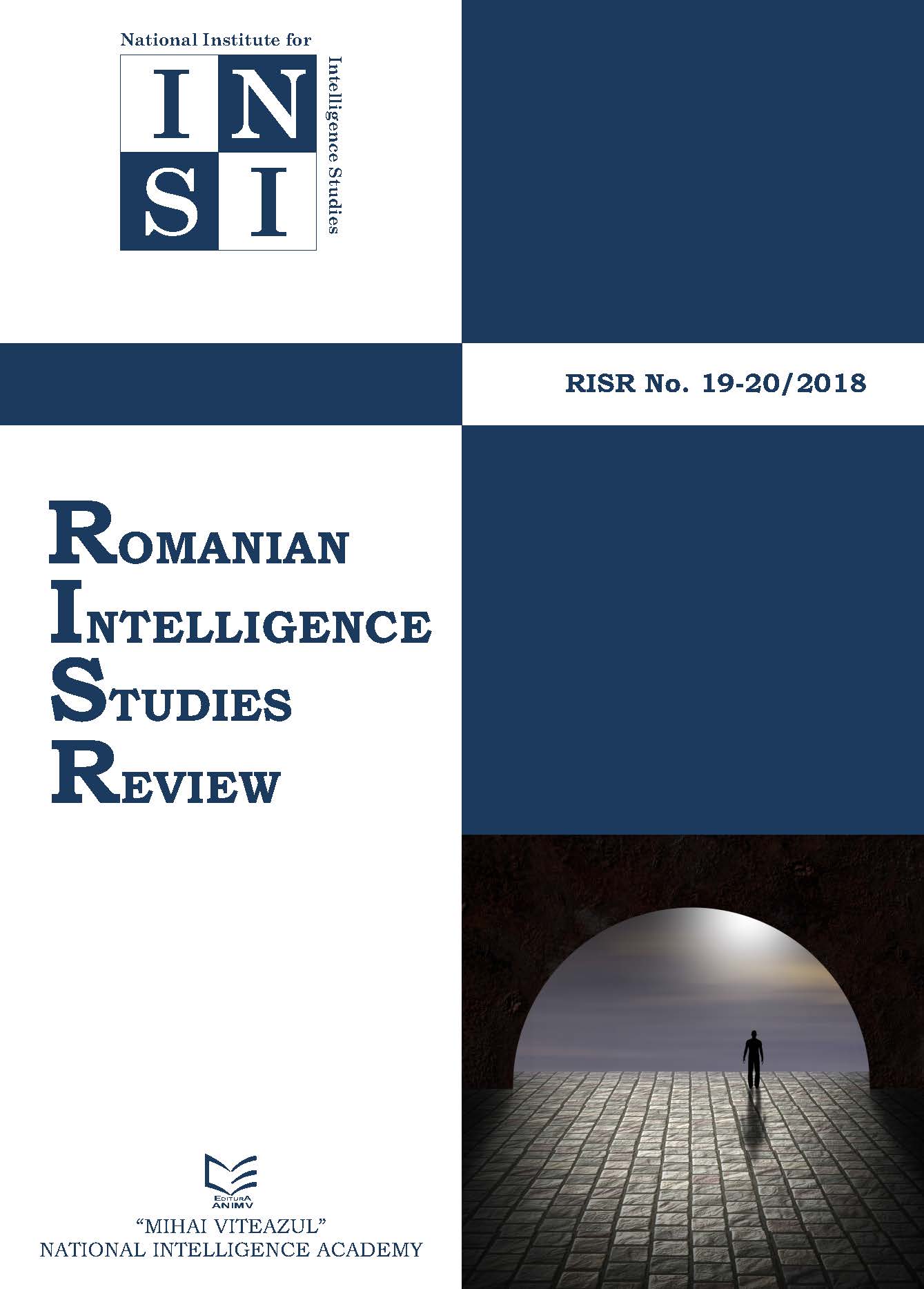ISLAMISTIC EXTREMISM AND TERRORISM IN THE WESTERN BALKANS
ISLAMISTIC EXTREMISM AND TERRORISM IN THE WESTERN BALKANS
Author(s): Dragan SimeunovićSubject(s): Politics / Political Sciences, Security and defense
Published by: National Institute for Intelligence Studies
Keywords: Islamistic extremism; Western Balkans; terrorism; Wahhabism; ISIL;
Summary/Abstract: The paper analyzes, by using content analysis and historical-comparative methods, the causes of the emergence and development of Islamistic extremism and compares the state of affairs regarding the presence and the tendency of further growth of Islamistic extremism in Albania, Bosnia and Herzegovina, Montenegro, Kosovo, Macedonia and Serbia. This means practically identifying the inspirers and those who spread extreme Islamistic ideas, their activities, international sponsors and contacts, their active contribution to global jihad, as well as assessing the abilities of abovementioned Western Balkan societies to defend themselves against this growing danger threatening not only the lives and the property of their citizens, but also their democratic constitutional order. The research has revealed a significant strengthening of the number of Wahhabi believers, the increase of their aggressiveness, the violent takeover of the existing and the building of a large number of new mosques, which are out of control of official Islamic communities in these societies, also the construction of dozens of Wahhabi settlements, where sharia law is applied, not the laws of the home state. The return of their financiers contributed to the intensification of religious propaganda and to the increasing of affection for Wahhabi ideas among the local Muslim population, which resulted in the departure around a thousand fighters from the Balkans to join the terrorist organizations in the Middle East battlefields. Confronting the rising Islamistic extremism in the Western Balkans is blocked by: lack of real and quality prevention, inexperience and poor results in the deradicalization of extremists, and in some areas, the lack of political will. All of the above, mentioned together implies not only intensive cooperation between the police and other security structures of the West Balkan and the surroundings countries, but also the urgent help of adequate institutions of the International community.
Journal: Romanian Intelligence Studies Review
- Issue Year: 2018
- Issue No: 19-20
- Page Range: 281-316
- Page Count: 34
- Language: English

